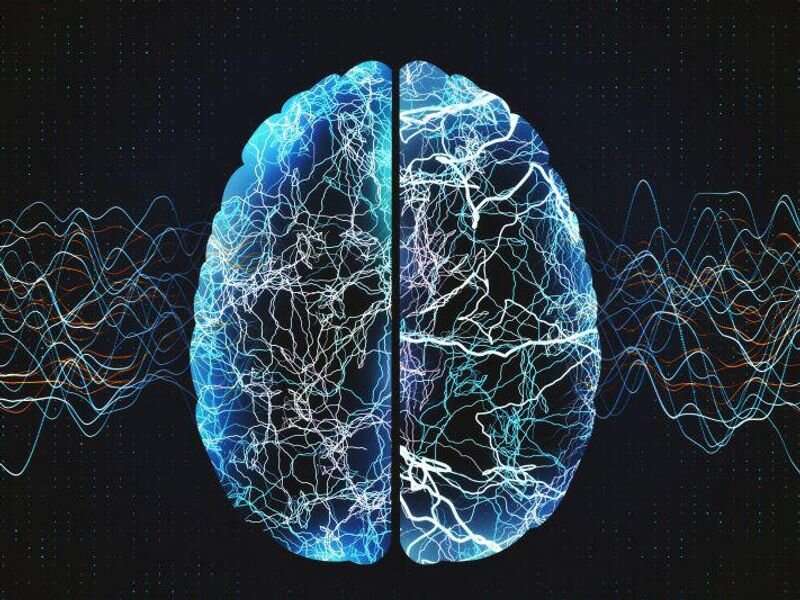Few brains from deceased military personnel have evidence of CTE

Brains from deceased military personnel infrequently have evidence of chronic traumatic encephalopathy (CTE), according to a study published in the June 9 issue of the New England Journal of Medicine.
David S. Priemer, M.D., from the Uniformed Services University in Bethesda, Maryland, and colleagues conducted neurological examinations for the presence of CTE in 225 consecutive brains from deceased service members. Information was obtained retrospectively regarding the decedents' histories of blast exposure, contact sports, other types of traumatic brain injury (TBI), and neuropsychiatric disorders.
The researchers found that 10 of the 225 brains (4.4 percent) had neuropathological findings of CTE; only a single pathognomonic lesion was seen in half the CTE cases. Three of the 45 brains from decedents with a history of blast exposure had CTE compared with seven of 180 brains without a history of blast exposure (relative risk, 1.71; 95 percent confidence interval, 0.46 to 6.37). Three of 21 brains from decedents with TBI from an injury caused by the head striking a physical object during military service (military impact TBI) had CTE compared with seven of 204 without this exposure (relative risk, 4.16; 95 percent confidence interval, 1.16 to 14.91). All 10 brains with CTE were from decedents who had participated in contact sports: 10 of 60 participants in contact sports had CTE compared with zero of 165 from those without a history of participation in contact sports (point estimate of relative risk not computable). Eight of 44 brains from decedents with non-sports-related TBI in civilian life had CTE compared with two of 181 brains from those without such exposure in civilian life (relative risk, 16.45; 95 percent confidence interval, 3.62 to 74.79).
"All the decedents with CTE had a history of participation in contact sports, with or without additional civilian impact TBI unrelated to sports," the authors write.
More information: David S. Priemer et al, Chronic Traumatic Encephalopathy in the Brains of Military Personnel, New England Journal of Medicine (2022). DOI: 10.1056/NEJMoa2203199
Rebecca D. Folkerth, PTSD—Seeking the Ghost in the Machine, New England Journal of Medicine (2022). DOI: 10.1056/NEJMe2204710
© 2022 HealthDay. All rights reserved.




















